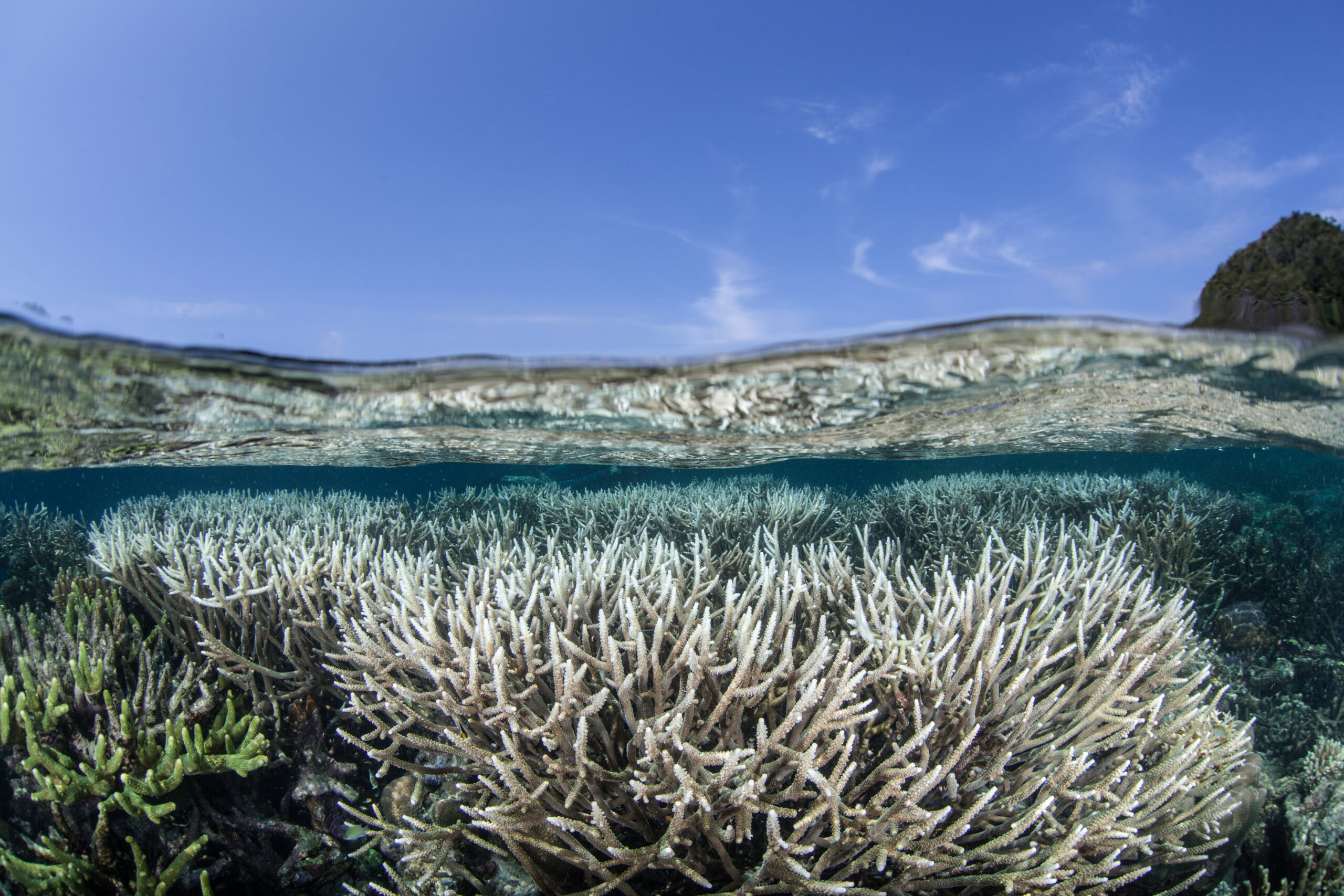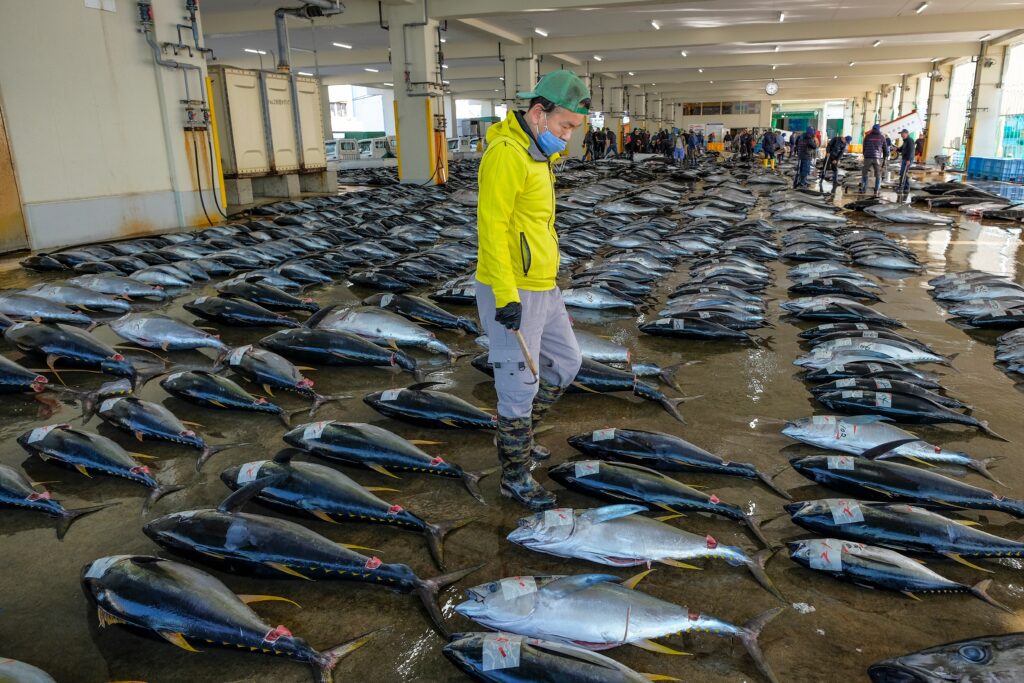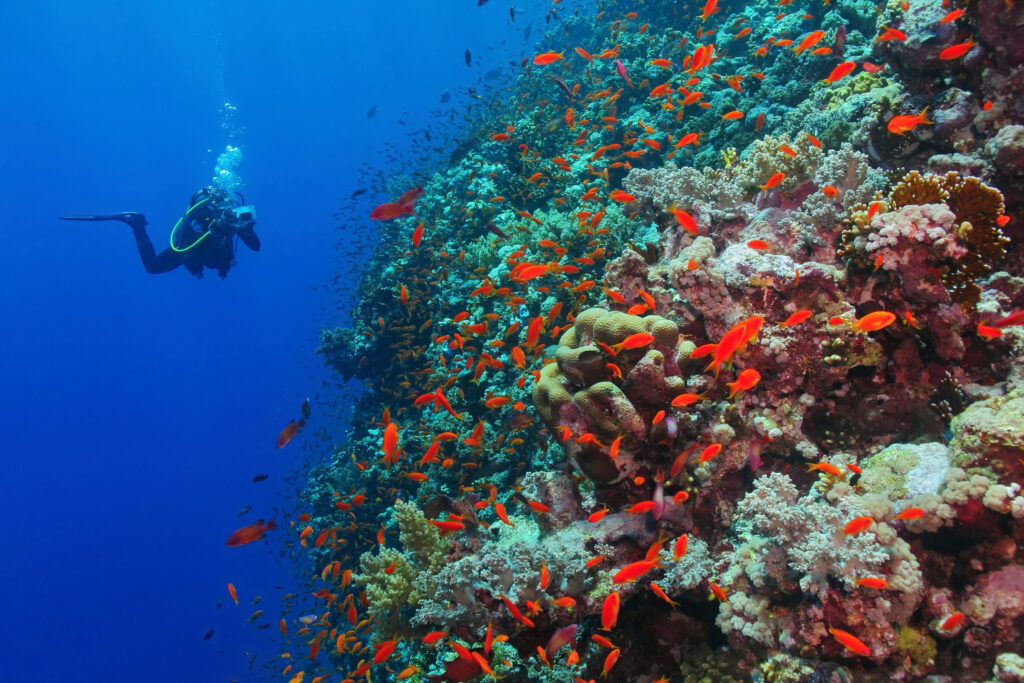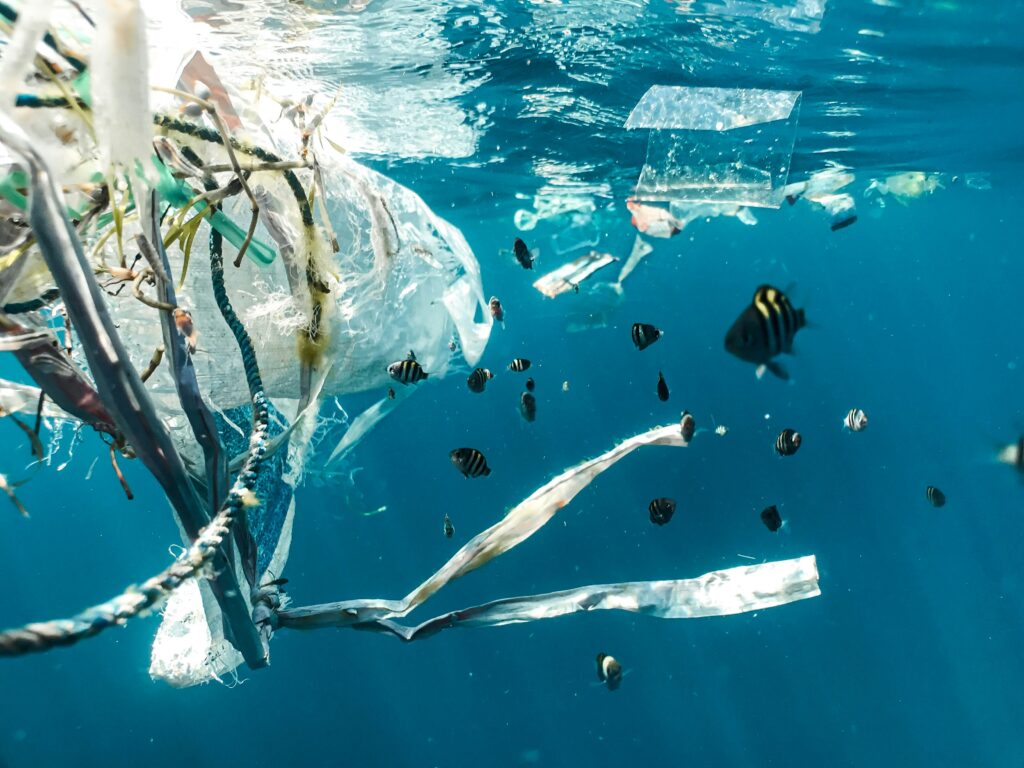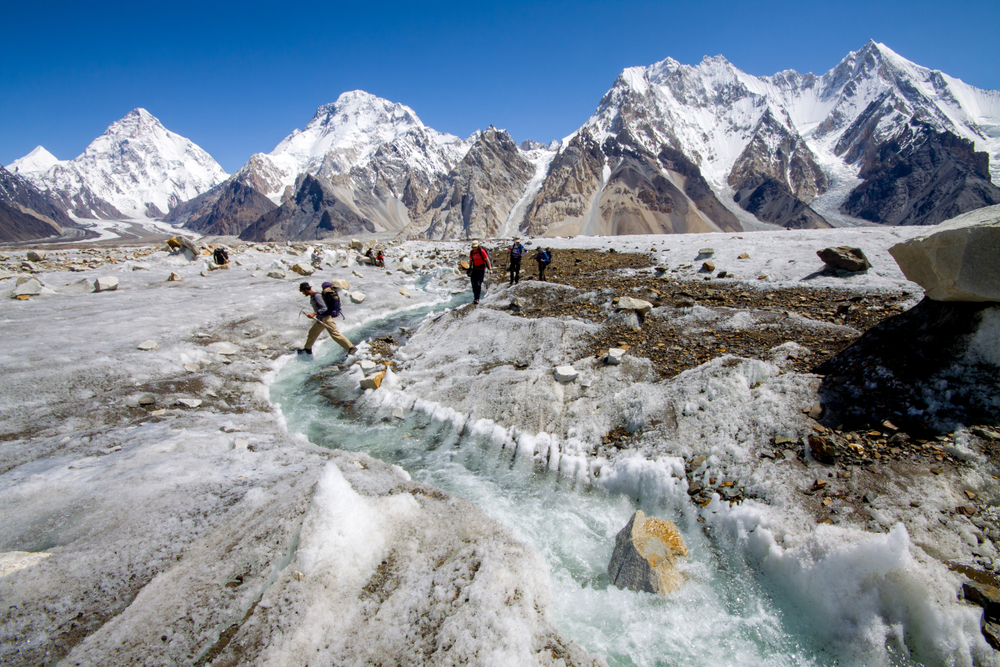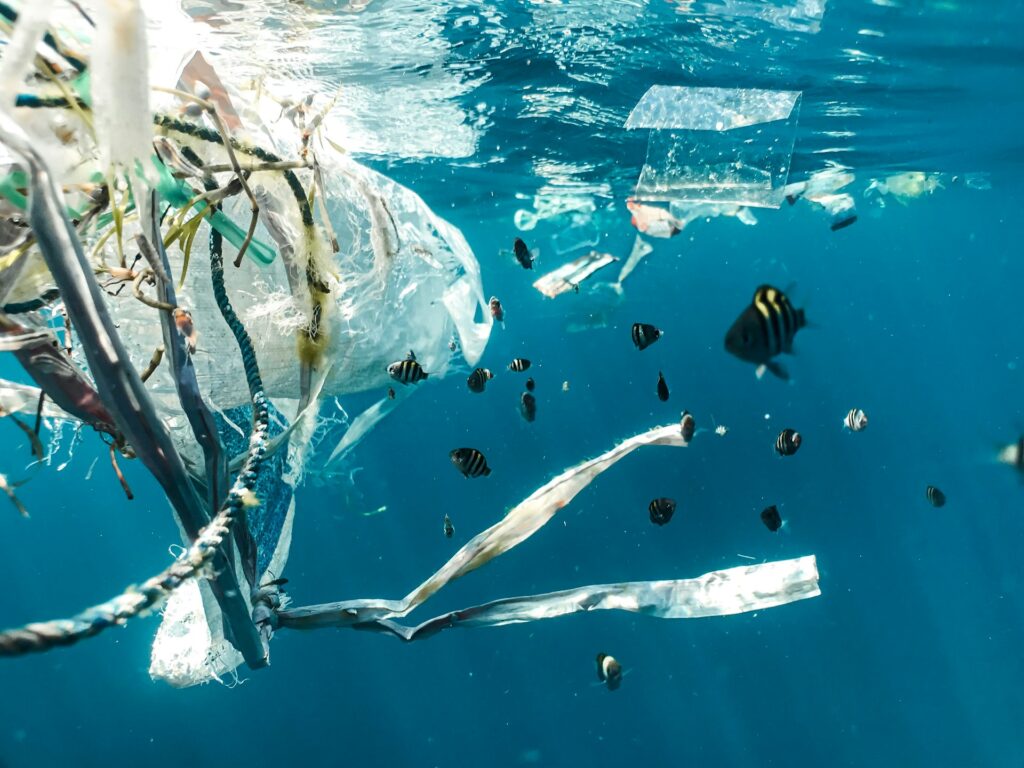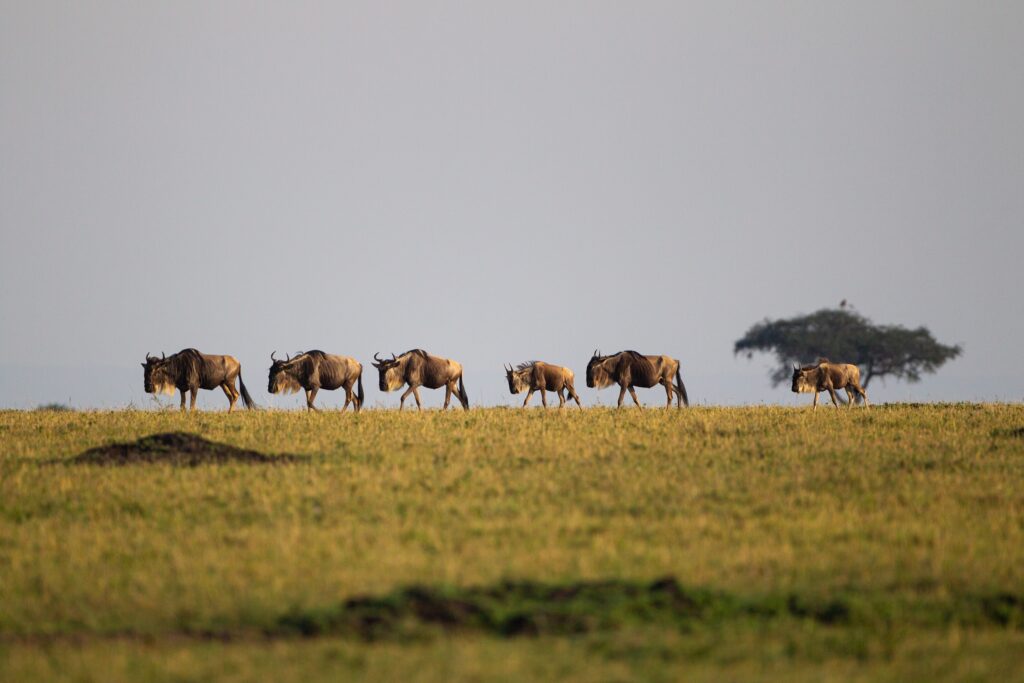The Northern Hemisphere is cooking. Temperatures across Europe, Asia and the US this summer are smashing records at unprecedented rates. Evidence suggests that 2023 will likely be the hottest year on record. Life on the planet is in uncharted territory. Yet, as the heat waves baking cities make headlines, oceans and marine heat waves are being overlooked.
Since the 1960s, humanity has trapped the equivalent of 6 billion Hiroshima bombs’ worth of heat into the climate system, says Kathrine Hayhoe at the Nature Conservancy, an environmental organisation. This is largely due to the burning of fossil fuels combined with heat-trapping CO2 that prevents the sun’s energy from escaping back into space.
Much of that heat, however, isn’t stored on land or in the air. In fact, about 90% is soaked up by the oceans, says research in Earth System Science, a scientific journal.
Marine Heat Waves Keep Breaking Ocean Temperature Records
For years, oceans have been quietly breaking temperature records in a continuous fashion. Last year, ocean temperatures broke heat records for the fourth time in a row. This marked the highest ocean temperature ever recorded. Climate change and rising CO2 levels are the prime culprits.
The marine heat waves have dire consequences on ocean species like coral and fish. Katharina Fabricius, a marine ecologist at the Australian Institute of Marine Science, says the impacts on corals are the starkest warning that ocean temperatures are quickly becoming unbalanced.
Corals are highly sensitive to prolonged heat stress. For example, they turn white if temperatures aren’t favourable. Researchers call this coral bleaching. Coral bleaching happens when corals expel the algae that help feed them from their bodies because they begin to produce what researchers call toxic oxygen radicals, which damage cells. As a result, corals lose their colour, eventually dying if temperatures remain high for too long.
In Asia, mass coral bleaching events began in 1998, when 15% of all coral died. Ms. Fabricius says that events like that are becoming more common. Australia’s Great Barrier Reef experienced coral bleaching events in 2016, 2017, 2020 and 2022. Last year, in concert with the highest-ever recorded ocean temperature, 91% of the reef experienced bleaching.
While corals can recover from marine heat waves, their frequency – rising due to climate change – creates problems. It shortens the important time intervals for corals and their associated ecosystems to recover. And while some coral species are hardier than others during marine heat waves, most depend on fragile temperature ranges.
Shifting Fish Habitats and Declining Populations
Marine heat waves don’t just affect life underwater. Their impacts extend into communities dependent on healthy fish numbers for their incomes. In tropical parts of the world, like the coastal city of Chennai in India, fishermen have noticed changes over the years as oceans have warmed. Vijay Kumar, the owner of a seafood contracting company that supplies hotels across Chennai, says some species of fish that are usually caught in shallower waters are now being caught in nets for deep-sea fishing.
The movement of fish to deeper and cooler waters in response to ocean warming is not just happening off the coast of Chennai but also worldwide. Researchers at the University of Glasgow found that multiple fish species are responding to warmer ocean waters by moving to deeper waters or swimming closer to the Earth’s polar regions. Professor Shaun Killen, an author of the study, said that while movement to cooler areas may be a good short-term strategy, it may not last. For example, if the food source of the fish species doesn’t move concurrently, populations may collapse or disappear entirely.
Even in waters far away from the warm tropics, fish are seeking relief from rising ocean temperatures. In Iceland, capelin is the second-most economically important fish for export. Landsbankinn, the country’s largest bank, valued the industry at USD 143 million. But in recent years, Iceland’s fishing authorities have recommended that capelin fishing be halted in some seasons. Local fishermen say this is because most capelin have moved further toward the North Pole’s colder waters. Other fish in Iceland, like cod and blue whiting, are also on the move.
The Economics
Globally, the commercial fishing industry in 2022 was worth USD 257 billion. This balloons to almost USD 300 billion when coral reef tourism is added. Employment figures are similarly large. The Food and Agriculture Organisation says 58.5 million people are employed in the fishing industry alone. As the economic stakes are high, protecting the ocean has become a serious business for governments and conservationists alike.
Cleaning up ocean pollution and halting overfishing practices would significantly help coral reefs and commercial fish species. Just last year, two major ocean-related milestones were reached. This included a new legally binding global deal on ending plastic pollution, despite some countries attempting to water down the agreement this year. A deal was also struck between 164 countries through the World Trade Organisation to limit harmful subsidies that promote unsustainable fishing practices.
Yet, progress on protecting the ocean will make little difference if climate change is not averted. Bringing down CO2 emissions from burning fossil fuels would allow ocean temperatures to return to balance. This would then let fish species and corals recover and return to abundance. Milestones in protecting the ocean’s riches are essential, but bringing the ocean system back into balance before it’s too late is the goal. Indeed, much of the global economy and communities depend on it.
Ashley Crowther
Writer, Australia
Ashley has reported on and photographed key stories on climate change, social development and other issues throughout Asia for nearly a decade. His work has been commissioned and appeared in publications such as the Financial Times, Vice, Marie Claire, The Guardian and more, and NGOs including the UN Foundation. He is the author and lead photographer in Our Dark Materials: Black Carbon & the Himalayas and was part of the team that won The Society of Publishers in Asia (SOPA) award for Excellence in Human Rights Reporting in 2022.
Ashley has reported on and photographed key stories on climate change, social development and other issues throughout Asia for nearly a decade. His work has been commissioned and appeared in publications such as the Financial Times, Vice, Marie Claire, The Guardian and more, and NGOs including the UN Foundation. He is the author and lead photographer in Our Dark Materials: Black Carbon & the Himalayas and was part of the team that won The Society of Publishers in Asia (SOPA) award for Excellence in Human Rights Reporting in 2022.

